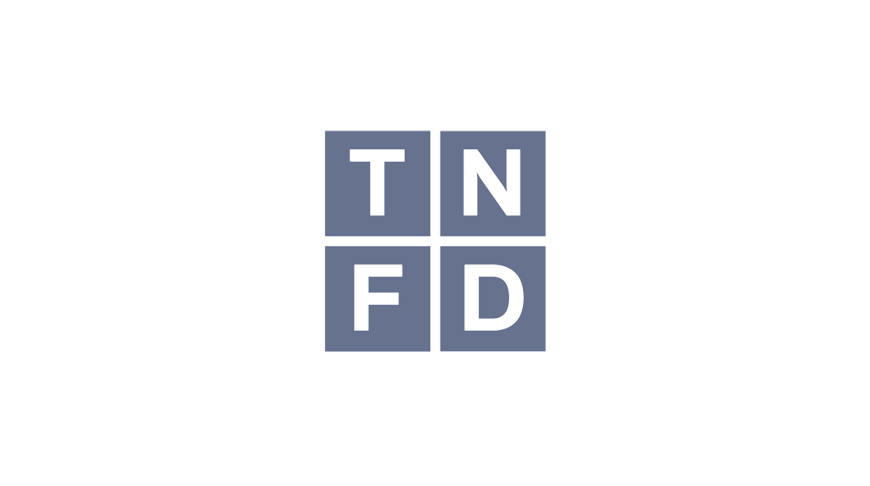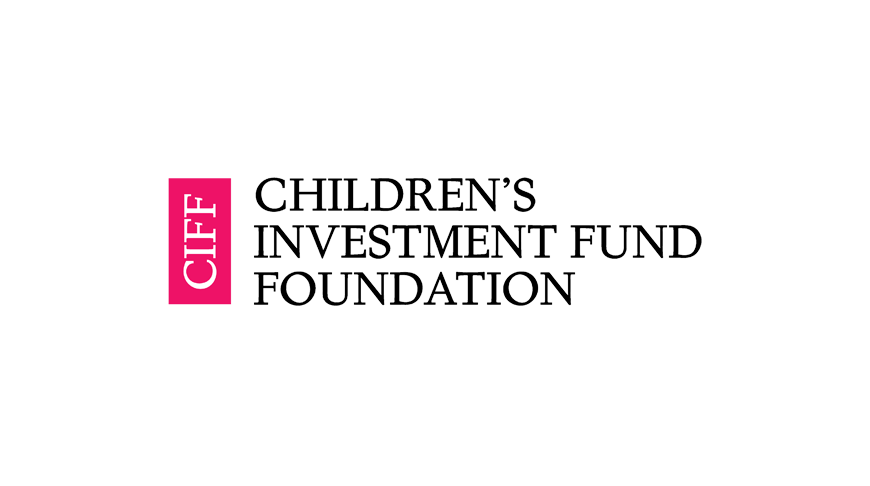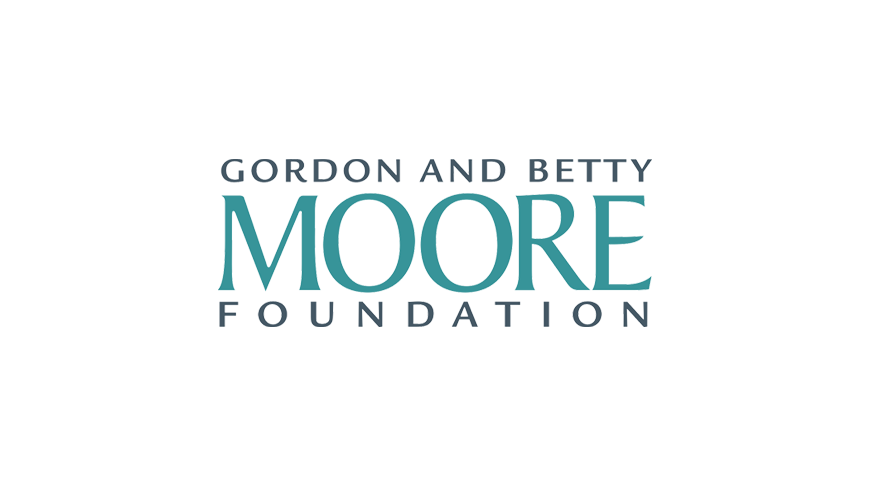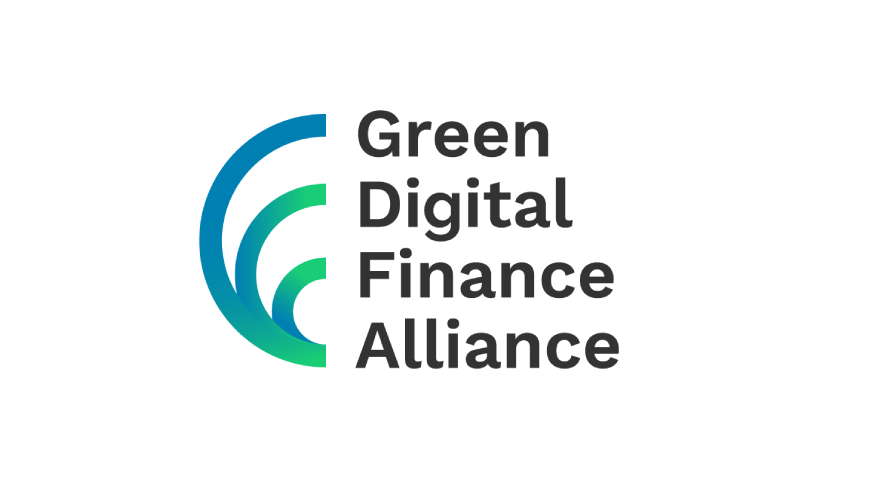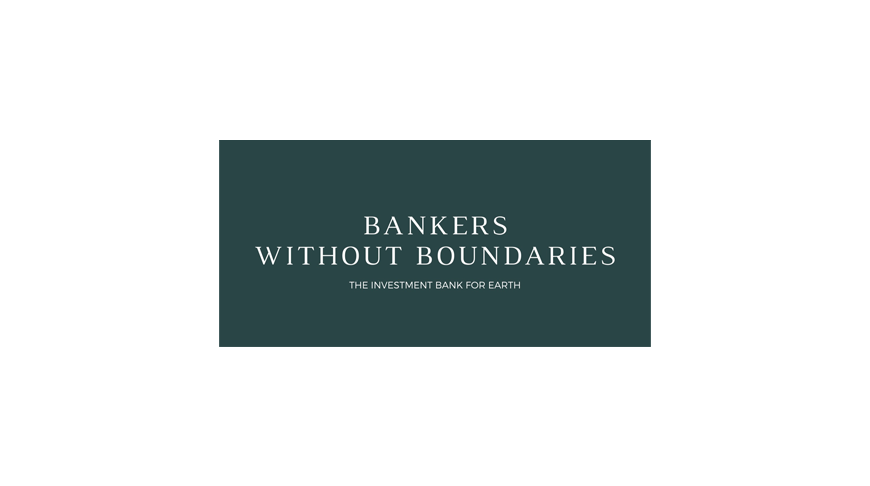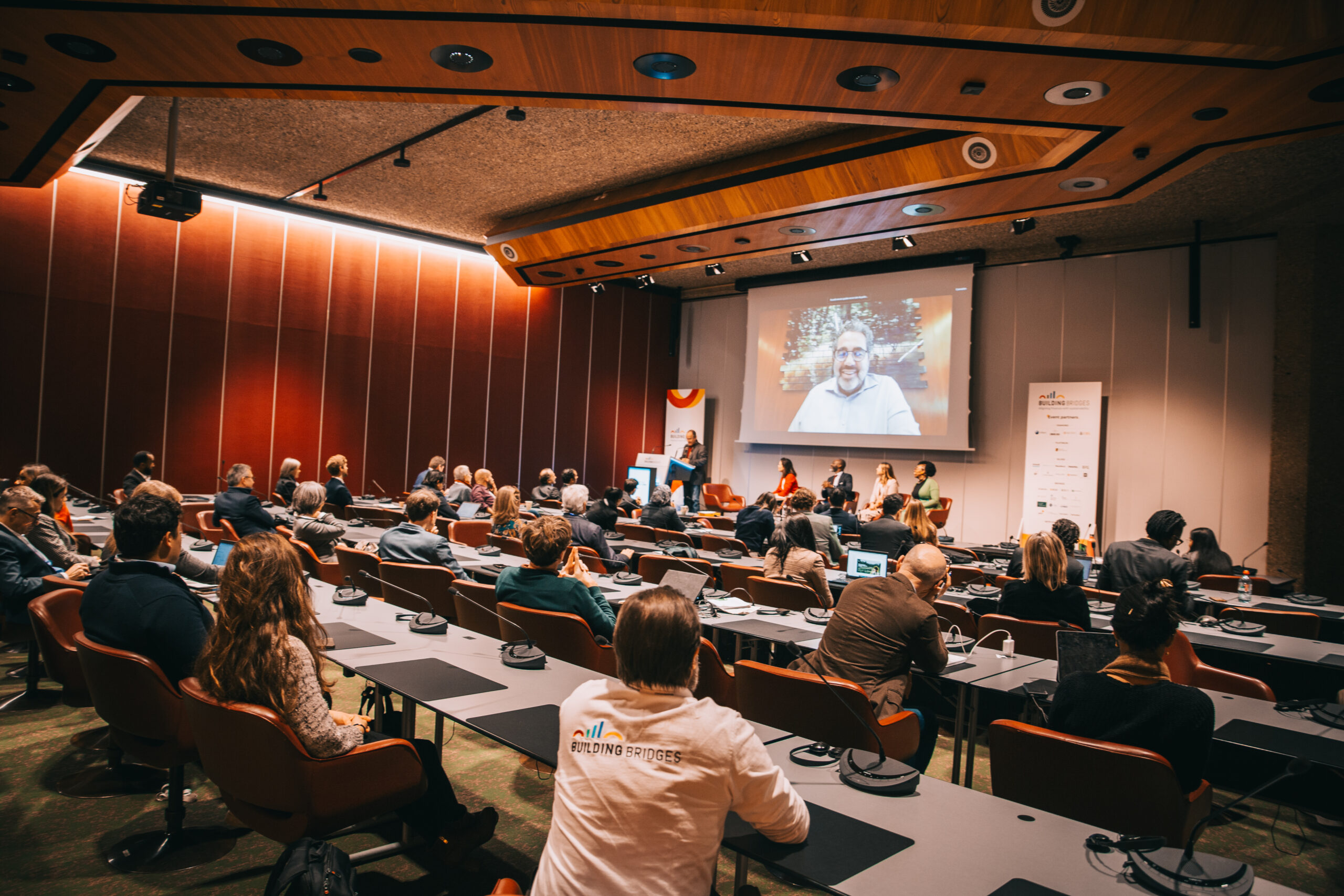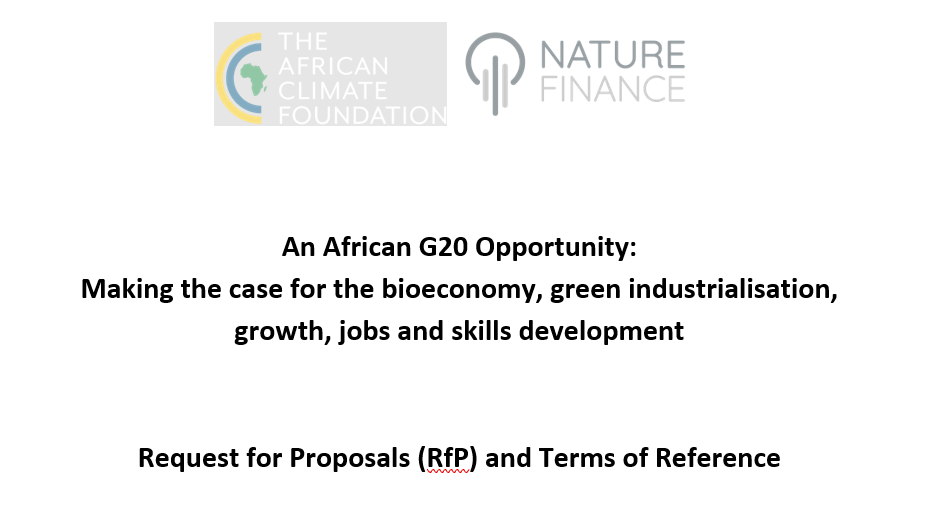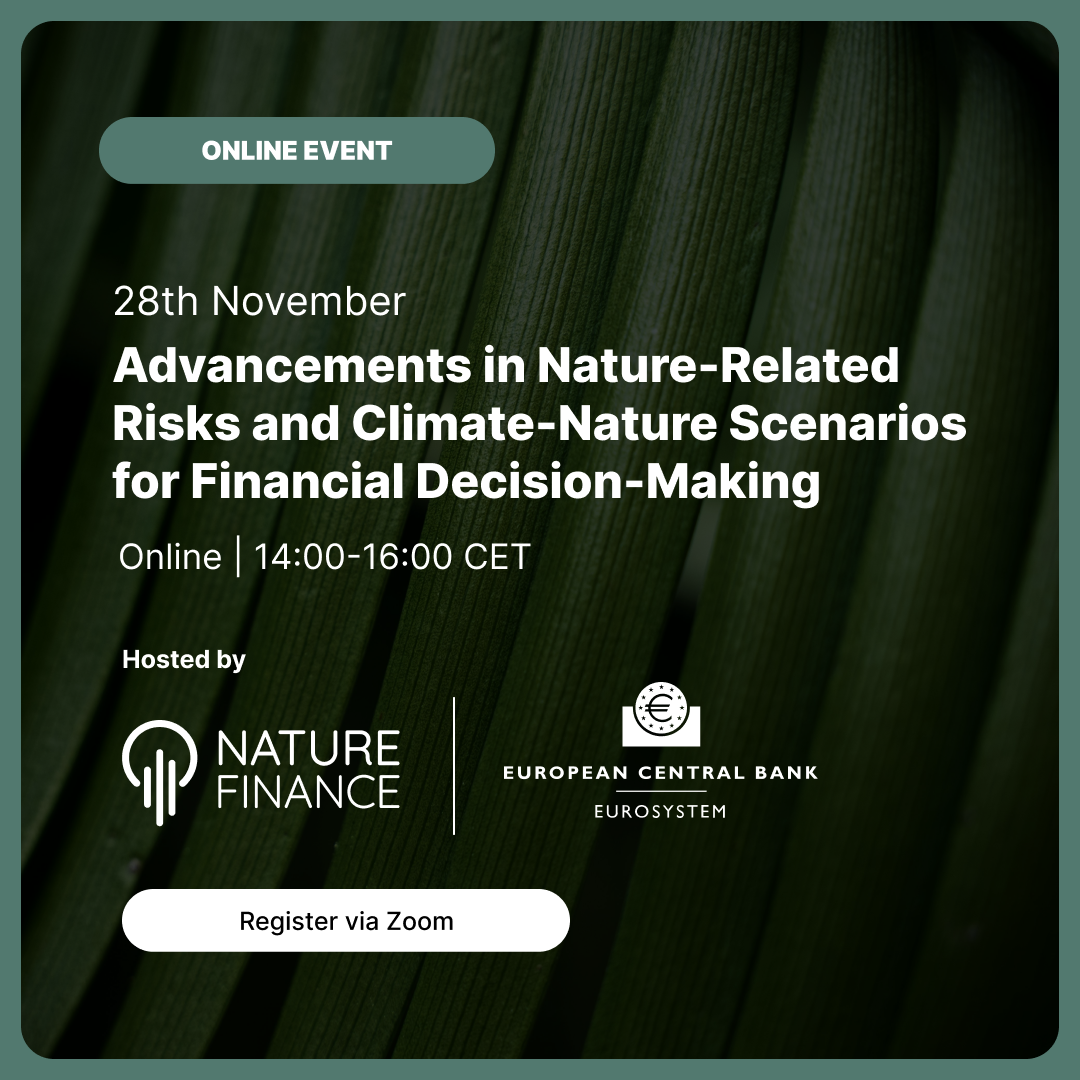Nature-related risks arise from an organisation’s links between its activities and nature. This includes shorter-term financial risks as well as longer-term risks stemming from an organisation’s impacts and dependencies on nature.
NatureFinance has partnered with the Potsdam Institute for Climate Impact Research (PIK), the European Central Bank (ECB) and the University of Minnesota on a project to advance pioneering efforts to develop an integrated climate-nature scenario framework. As part of the project, we have prepared a report that presents the scenario narratives and modelling infrastructure developed. Read more: Climate-nature scenario development for financial risk assessment
NatureFinance has published a first-of-a-kind integrated transition framework that can be used by Financial Institutions (FIs) to manage risks and opportunities in their transition to a net-zero and nature positive world. It offers practical steps for FIs to bring their strategies for climate and nature together in an integrated way – and through a financial lens – so they can account for, and respond to, the material interactions between climate and nature.
Read more: Towards an Integrated Transition Framework
While challenges remain in accessing ideal data, there are already relevant resources for financial institutions to use, including data currently used for assessments of climate risk. Our investor guide presents steps that financial institutions can follow to use existing tools and datasets to screen investments for exposure to nature-related risks.
Read more: Climate Nature Nexus Investor Guide
Our foundational report on ‘The Climate-Nature Nexus’ takes a practical look at where climate and nature-related risks and opportunities overlap; and offers recommendations on how the private financial sector can adapt its climate approaches to address nature and be robust to nature-related risks; and on how the policy community can support the financial sector to do so.
Read more: The Climate-Nature Nexus

